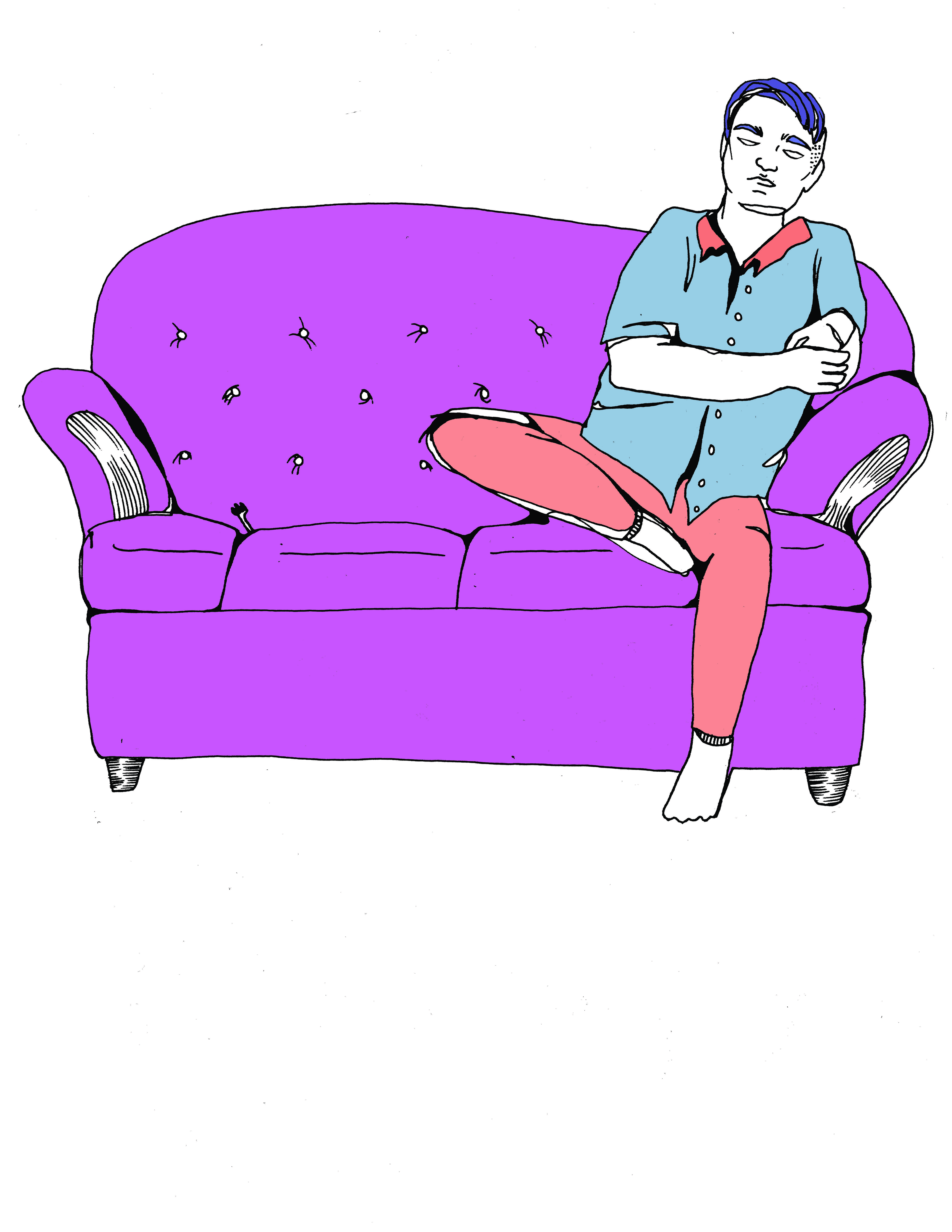


During week 10 of spring term at the University of Oregon, students are having debilitating panic attacks, wait times at the UO counseling center reach peak lengths and when sophomore Evita Garza drives back to Eugene after a trip home to Portland, she begins to cry, thinking about how lonely college can be and how bad her anxiety has become.
According to members of the Jed Foundation, a national organization dedicated to preventing suicide on college campuses, a stigma concerning the topic of mental health is preventing college students from getting support from those who are closest to them: their friends and peers.
Garza said she has tried to seek counseling and would talk about her mental health if somebody asked, but part of her doesn’t want anyone to know.
"There are times when I want to hide it because I want people to know I’m okay,” she said.
Mariko Lin, a senior staff psychologist at the UO counseling center, asks students if they worry a lot to assess whether they have anxiety. Lin said anxiety is very normal and can be manageable, but the severity of someone’s anxiety can be extreme and debilitating. She said students can have anxiety in specific situations like before exams or in social situations among other reasons.
The American College Health Association reported that 60.8 percent of college students felt “overwhelming anxiety” last year. If that percentage is applied to UO, an estimated 14,600 UO students felt overwhelming anxiety.
Garza has separation anxiety from family and friends she left behind in Portland when she came to college. Like many other students, she depended on a support network back home, and when she had trouble making friends at college, her anxiety only got worse. Part of the problem was she was afraid to talk about her anxiety; she didn't want others to feel responsible for her emotional well-being.
Last week, Garza had a panic attack that kept her up until 5 a.m. She was having racing thoughts, and sometimes when she has panic attacks, it manifests into an asthma attack, during which she can hardly breathe.
In moments like these, Garza said she sometimes feels isolated and without support, not wanting to have one person bear her burden.
“Maybe no one deserves this,” she said. “Maybe I don’t deserve to be friends with anyone because I am so much of a bother.”
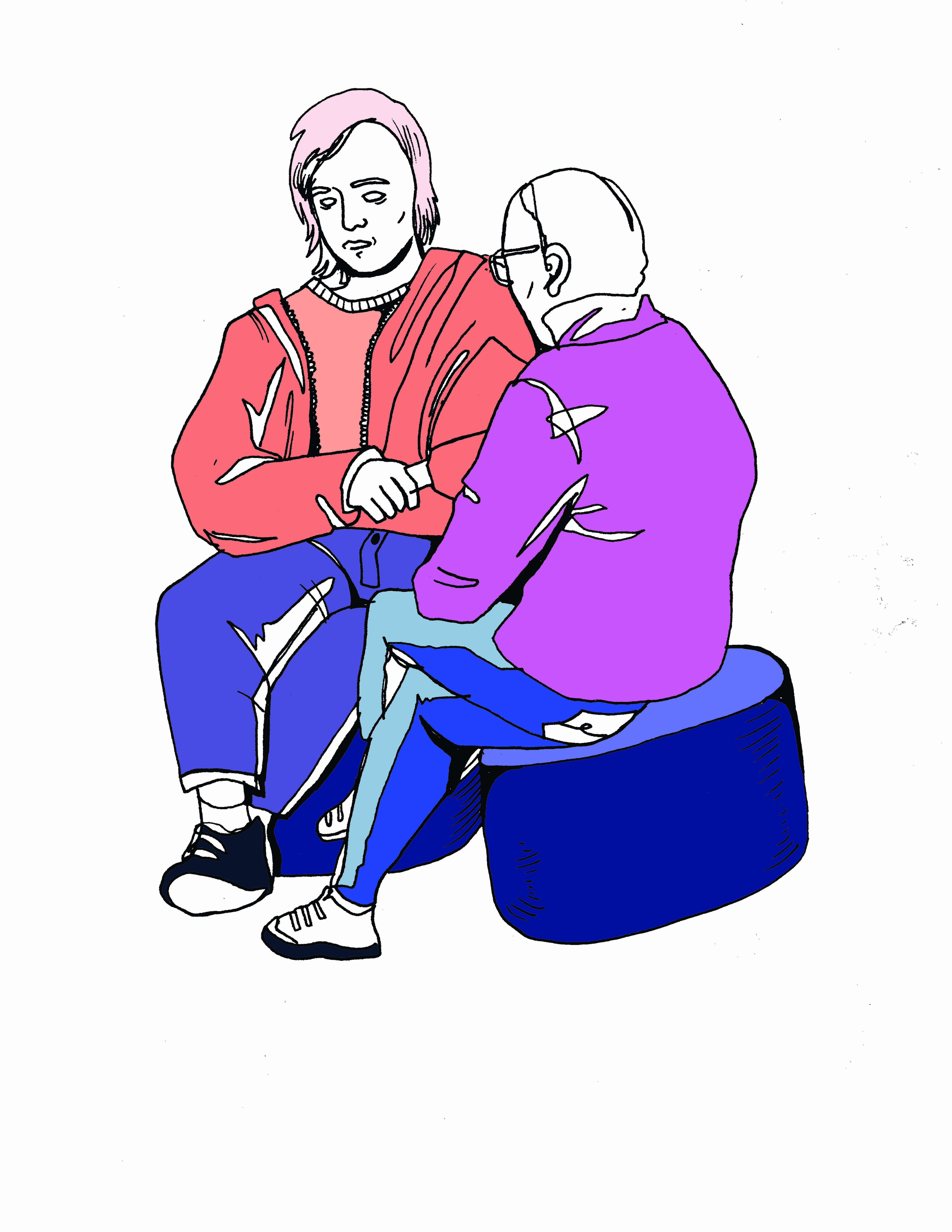
In the report by the ACHA, which surveyed college students from all 50 states, and included data from UO, 60.6 percent of students reported feeling “very lonely” last year and 80.6 percent felt “overwhelmed by all [they] had to do.”
With a majority of students feeling lonely and overwhelmed, Garza’s feeling of isolation in her struggle is a testament to the stigma around mental health.
The stigma appears in daily conversation, according to Meghan Crane, who works in a suicide prevention program with the Oregon Health Authority, a state organization created to improve public health.
“In a work setting or in a class you would tell your peers you have a doctor’s appointment, but once we start saying we’re going to a counseling appointment, we don’t talk about that. There is a stigma attached to that,” Crane said.
For those who struggle with their mental health, who may feel lonely, hopeless or are even considering suicide, the stigma around mental illness can leave them feeling alone.
UO Sophomore Erin Murphy can attest.
Before she came to UO, some of her friends abandoned her after she talked about her mental illness. Her friends became distant and stopped making plans with her.
After this, she became scared to talk about her mental health, not telling her boyfriend or some of her best friends about what she was dealing with for years. Murphy said that when she falls into times of severe depression she doesn’t know if it’s a phase or if she is becoming a person she sees as sad and lazy.
“It’s scary. Realizing that I’m not the same person as I was before is hard. I don’t want to be this person forever,” she said.
This person is one who stays in on the weekends, doesn’t want to get out of bed, and more recently, has debilitating panic attacks.
This May, Murphy saw her anxiety worsen. One day in class, she had one of the worst panic attacks of her life.

“I couldn’t stop shaking and I couldn’t move,” she said. “I just started crying.”
Thanks to support from her boyfriend and her roommates, she eventually calmed down, but her anxiety made going to class and work later in the day unmanageable.
UO journalism professor Lisa Heyamoto said that every term at least one student has a breakdown in her office due to stress.
According to the report by the ACHA, 90.2 percent of college students reported having anywhere between average stress to tremendous stress over the past 12 months. Certainly stress is common on college campuses, yet mental illness and and anxiety-like symptoms are common as well.
Murphy’s experience with mental illness, however, did not start in college:; it goes back to when she was 13. She had begun to go to counseling in San Diego for self harm. Murphy would cut herself, a coping method she has left in her past, but said came from a lack of support.
“The reason why I did it was because I didn’t have an outlet for anything else. I didn’t have any friends, and If I did, I wasn’t really close to them to where we were the kind of friends that would express feelings like that,” she said. “When you don’t have a support system and you don’t want to go as far as taking your own life, it just felt like a better outlet to release emotions.”
Murphy said her mom didn’t understand why she was cutting herself back then and didn’t understand mental health. Murphy stopped harming herself and has since developed a better relationship with her mother, who Murphy said has since become more understanding of mental health.
Now at UO, Murphy says that when dealing with mental illness, her roommates offer some of the best support for her; however, she said she is reluctant to rely on them because they are coping with their own stress and emotional strife.
Mariko Lin, a counselor at the center, said that students come to get counseling and frequently say that they are afraid to tell their friends about their anxiety.
“I think a lot of students are saying, ‘Well, I don’t want my friends or parents to worry about me,’ ” Lin said. Conversely, she said that peers, friends and family can be the best support for college students struggling with mental illness.
For Murphy, her sisters and roommates are there for her. Her sister, who dealt with mental illness as well, was the first person to recommend Murphy to counseling. This was at a time when Murphy was battling an eating disorder.

She said it was the worst time of her life, “walking around with this dark cloud over me just feeling awful all the time.”
She started going to counseling for her eating disorder, and has since overcome it, but many recommend getting help before the effects of mental illness become so severe.

For anyone struggling with their mental health, there are a number of free resources on campus. Campus leaders say some of this help is underutilized for a variety of reasons: a stigma keeps students away because they may feel embarrassed for needing help, students may not know about many of the services offered or some barriers make resources less accessible.
UO’s counseling center is the largest resource on campus for students struggling with mental health. When someone is feeling overwhelmed, alone or sad, counselors at the center are trained to listen and help students make sense of their situations.
UO’s center has 27 team members who see students, according to Suzie Stadlman, the outreach coordinator for the counseling center.
Mariko Lin is one of the professionals who talk with students to help them with common issues such as struggles from anxiety and depression, to eating disorders, substance abuse or relationship problems.
Lin said that long wait lines to begin regular counseling are a problem at UO and colleges across the country. The stigma of mental health has decreased to where more people feel comfortable seeking help or counseling, albeit not their friends, family and peers. Because of this, once satisfactory staffing and organization is now inundated by students who feel comfortable asking professionals for help.
Last year, the center held 1,500 intake assessments and 7,000 individual therapy appointments, according to an impact report by the University Counseling and Testing Center.
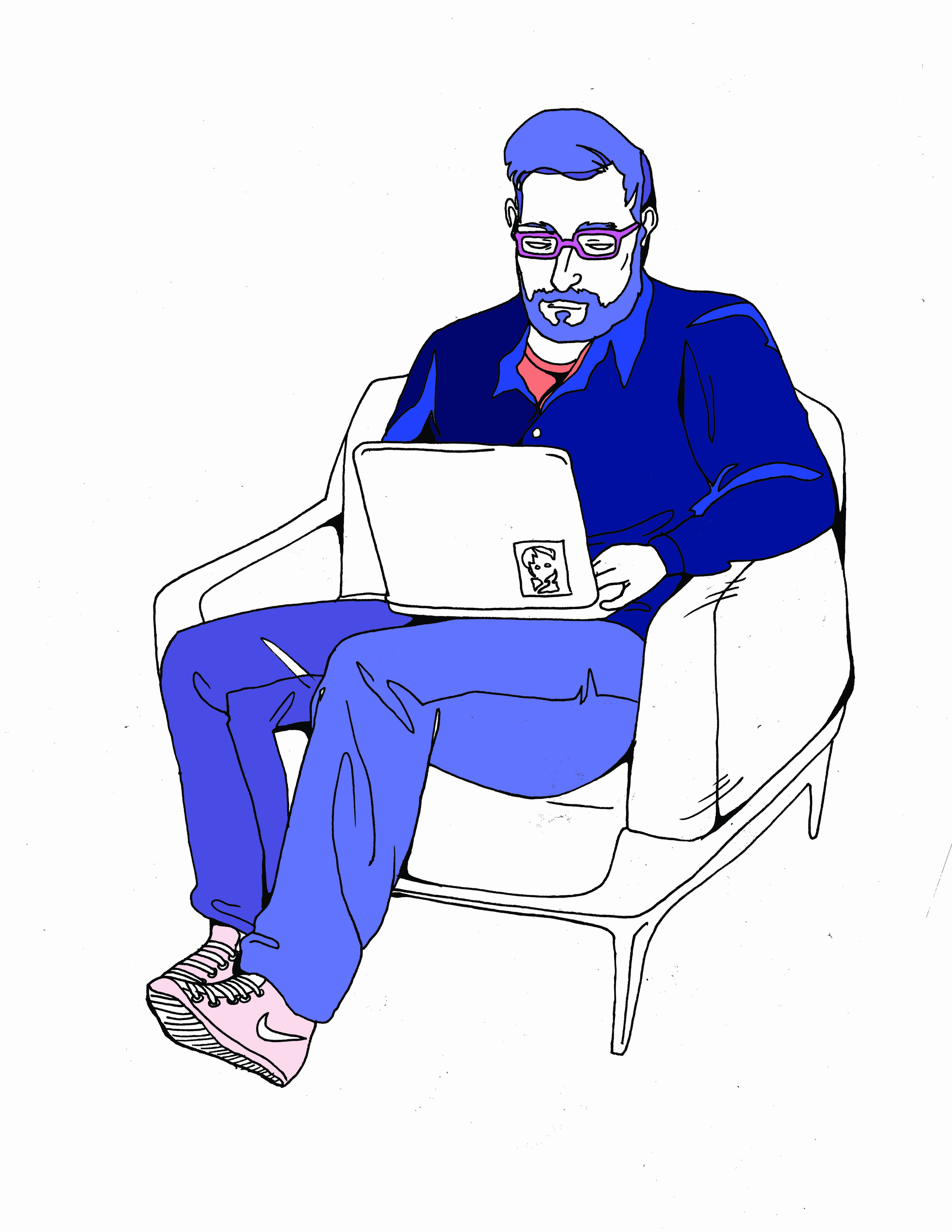
Lin said that in order to best take care of students, the center uses a triage system, prioritizing those who are at high risk of suicide or have recently experienced trauma such as sexual assault.
When a student goes to the the center to start counseling, they have to schedule a phone call so that a clinician can assess the severity of the student’s mental health. Then, the students would have to attend an intake appointment to further assess their needs; this appointment usually takes place about a week after the initial phone assessment.
According to Lin, all the counselors will then try to match students to professionals who will best accommodate the student, such as knowledge around eating disorders or being of a certain racial background to make a student feel comfortable. A student could potentially start weekly counseling from within a week after the intake appointment to a couple weeks after.
The wait varies with the time of year, according to students on the counseling centers student advisory board. They said wait lines reach peak lengths during midterms, finals, winter term and near the very end of the year.
For UO sophomore Evita Garza, she was told that she would have to wait somewhere between one to two weeks for only her intake appointment after the phone call, and said she didn’t want to wait.
“You have really bad days, and you have really good days,” said Garza. “When you have those really bad days, or you have those really bad weeks, you want to be able to get in and talk to someone in that time frame when you are feeling really shitty, instead of waiting a week or after.”
For students who feel like they can’t wait for help, the counseling center has an after-hours support and crisis line that students can call to talk to someone at any time; during the center’s business hours, a student may be able to get an appointment that day or the next if they are in crisis.
But Garza said the word “crisis” intimidates her, making her not want to call when she wants to talk to someone.
“It honestly makes me feel like I can’t go to that,” she said. “That word makes me feel like I can’t go to them if I’m just having a bad day.”
Lin said that she has pushed for the crisis hotline to be called the “after-hours support and crisis line,” which it is called today, saying that students should feel comfortable calling even when they may not be in a life-threatening situation.
Last year, 576 calls were made to the support line, according to the center’s impact report, and Lin said students are calling with a variety of reasons, from moments of crisis to average stress.
“It doesn’t have to be because they are suicidal or something immediate just happened,” Lin said of the after-hours support and crisis line. “They are using it for that and other things like, ‘I’m getting stressed out and I don’t know who else to go to.’ ”
If students need support, many other resources are on campus besides the counseling center.
The Duck Nest wellness center is on campus to help students take care of their mental health.

UO student Tori Carroll is a volunteer at the Duck Nest. She said the wellness center, which can be found on the ground floor of the EMU by the copy shop, helps students with stress and anxiety management, offers nutrition workshops and programs to improve students’ sleep and also offers resources to sexual assault survivors among other forms of help.
Carroll said the Duck Nest is also a relaxing spot for students to rest, drink tea and talk with other students. She said that venting to peers rather than professionals makes it easier for students to talk about their mental health and what is worrying them.
Although some students say they don’t want to tell their friends about their mental health because they don’t want to place a burden on them or embarrass themselves, Duck Nest student volunteers walk the line of being relatable but not being a friend you may be nervous to talk to.
“Hopefully we have created this reputation of a stigma-free zone for people to come and seek help,” Carroll said. “It can be daunting to go seek a service, so we try to be a first line of defense for people who maybe aren’t ready to take that step to seek counseling.”
Carroll said that the Duck Nest also operates as a liaison to all the other resources on campus: volunteers have to take a class about the resources so they are acquainted with everything that could be helpful to students.
One resource volunteers at the Duck Nest may recommend is UO’s Accessible Education Center. Located on the first floor of Oregon Hall, the AEC can help students whose struggle with mental health is impacting their academic success, according to its website.
A student can make an appointment with the AEC, and depending on the severity of their situation, the center can allow students accommodations in their classes, such as flexibility with missing classes and assignment deadlines.
Also on campus, the UO Student Mental Health Advocates work to inform the community about the ubiquity of mental illness and tear down the stigma.
UOSMHA President Jennie Shen said that a huge population of UO students face mental illness. She said common forms of stress in college shouldn’t be ignored because they can become greater problems later on.
“We built a society where it is acceptable to ignore it — to put these types of issues on the backburner,” Shen said.
The team of advocates is responsible for starting campus-wide projects such as Stress Less week and partners with the National Alliance on Mental Illness to host a peer support group on campus every Tuesday from 6 to 7:30 p.m. in Peterson room 102.
Shen said that hearing other students talk about their struggle and having a space to share their own can be comforting as well as help remove the stigma of mental health.
“The power of student voice and sharing student stories will have profound impacts in someone’s college career,” Shen said.
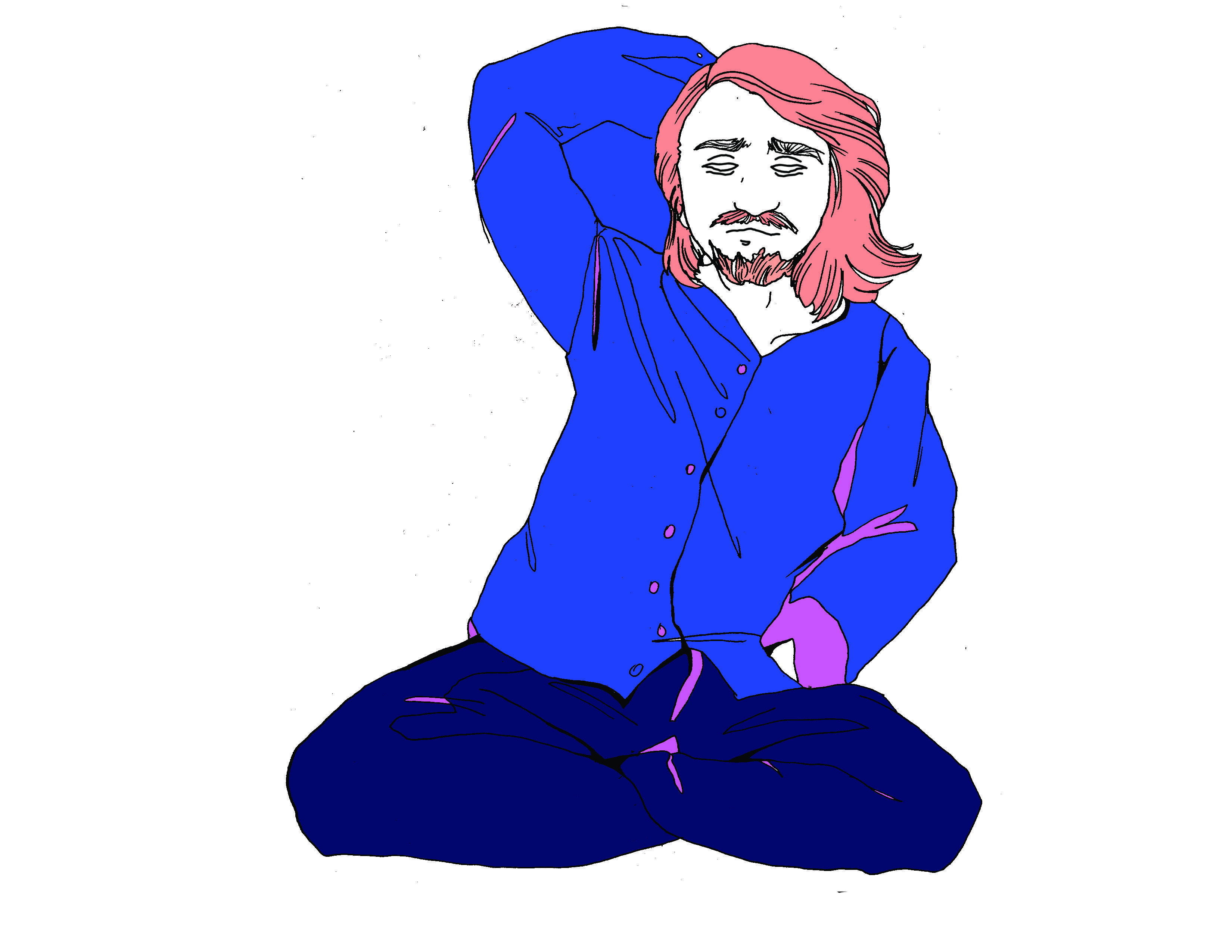
Members of the Student Suicide Prevention Team agree with this sentiment, saying that some find it easier to relate to a peer and take their support.
UO student Eileen Guo, a member of the prevention team, said she identifies as someone with a mental illness and has struggled with it for most of her adolesence.
“For me, I probably would have wanted to seek help and get therapy earlier on, but I waited until later when my own mental illness was at a point where I couldn’t ignore it anymore,” Guo said.
As a member of the student suicide prevention team, Guo says that getting support and advice from peers is a lot easier than talking to someone older like a professor or a counselor.
Among other students, Guo said it’s important to talk about mental health so that students feel comfortable getting the help they need.
“It’s important to start the conversation and normalize the conversation, so people who are feeling that way feel like they have options and can talk to people and get help if they need to instead of being so stigmatized that they can’t seek out a solution.”
Mariko Lin from the counseling center attests to this.
As a college counselor, Lin has worked with students for years listening to their stories, and she has found that when students share their concerns with each other, some begin to feel comfortable talking about mental health, despite a fear that had been present before.
“The more that a student is vulnerable to sharing their struggles, the other students will share just as much,” Lin said. “There’s a lot of fear of seeming like we don’t have it all together … The more that they share that vulnerability, their struggles, the more it will be reciprocated.”
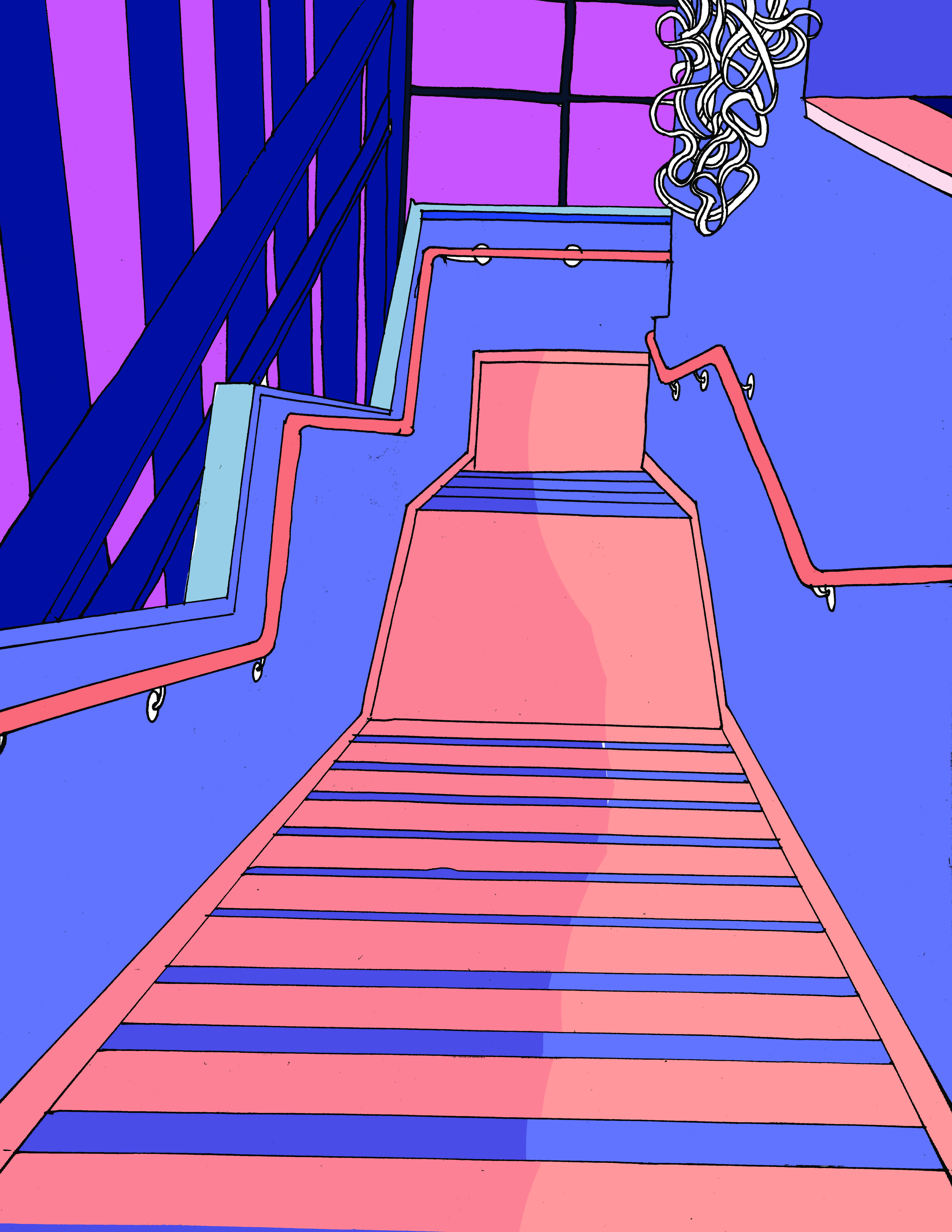
• Talking about wanting to die
• Looking for a way to kill oneself
• Talking about feeling hopeless or having no purpose
• Talking about feeling trapped or in unbearable pain
• Talking about being a burden to others
• Increasing the use of alcohol or drugs
• Acting anxious, agitated or recklessly
• Sleeping too little or too much
• Withdrawing or feeling isolated
• Showing rage or talking about seeking revenge
• Displaying extreme mood swings
The more of these signs a person shows, the greater the risk. Warning signs are associated with suicide but may not be what causes a suicide.
If someone you know exhibits warning signs of suicide:
• Do not leave the person alone
• Remove any firearms, alcohol, drugs or sharp objects that could be used in a suicide attempt
• Call the U.S. National Suicide Prevention Lifeline at 800-273-TALK (8255)
• Take the person to an emergency room or seek help from a medical or mental health professional
• 911: Imminent danger to self or others
• National Suicide Prevention Lifeline: 800-273-TALK (8255) (press 1 for Veterans Crisis Line)
• White Bird: 541-687-4000 or 800-422-7558 (24-hour local crisis line)
• Crisis Assistance Helping Out On The Streets (CAHOOTS): Nonemergency, mobile crisis intervention: 541-682-5111 for Eugene or 541-726-3714 for Springfield
• Hourglass Community Crisis Center: 24-hour short-term mental health assessment and stabilization for adults: 541-505-8426
• Mental Health Crisis Response Program: 888-989-9990 (for parents of children through age 17)
• Looking Glass Youth & Family Crisis Line: 541-689-3111
• Trevor Lifeline: 866-488-7386 (for LGBTQ youth)
Words by: Braedon Kwiecien
Illustrations by: Erica Pahua
Code by: Peri Langlois